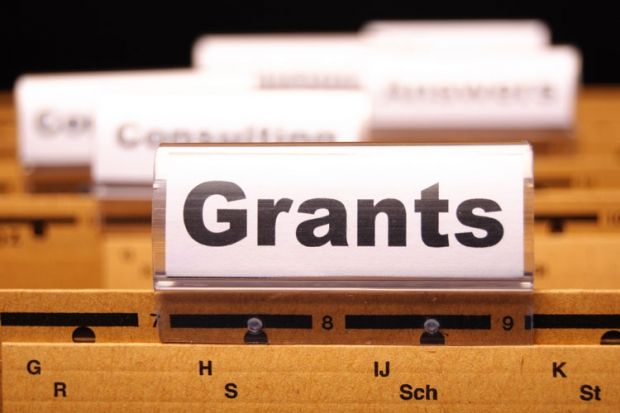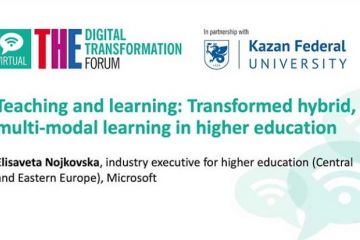Biotechnology and Biological Sciences Research Council
Research grants
- Award winner: Brian Willett
- Institution: University of Glasgow
- Value: £149,649
A viral pseudotype-based approach to measuring morbillivirus neutralising antibodies
- Award winner: Heath Murray
- Institution: Newcastle University
- Value: £16,038
Identification of novel inhibitory compounds targeting the master bacterial DNA replication initiation protein DnaA
- Award winner: Hagan Bayley
- Institution: University of Oxford
- Value: £726,202
Hybrid nanopores for single-molecule sensing
Economic and Social Research Council
Research grants
- Award winner: Maurice Sunkin
- Institution: University of Essex
- Value: £4,743,730
Human rights and information technology in the era of big data
- Award winner: Matthias Wienroth
- Institution: Northumbria University
- Value: £30,283
Seminar series on genetics, technology, security and justice. Crossing, contesting and comparing boundaries
Royal Society
Wolfson Research Merit Awards
These awards are worth £10,000-£30,000 a year, which is a salary enhancement.
- Award winner: Andrew Granville
- Institution: University College London
Development of an alternative approach to analytic number theory, and arithmetic
- Award winner: Matthew Gaunt
- Institution: University of Cambridge
Catalytic C-H bond activation of aliphatic amines
Arts and Humanities Research Council
- Award winner: Su Lin Lewis
- Institution: University of Bristol
- Value: £31,685
Afro-Asian networks in the early Cold War, 1945‑1960
- Award winner: Kirsty Hooper
- Institution: University of Warwick
- Value: £433,185
Imperial entanglements: transoceanic Basque networks in British and Spanish colonialism and their legacy
- Award winner: Helen Dampier
- Institution: Leeds Beckett University
- Value: £342,700
The Emily Hobhouse letters: South Africa in international context, 1899-1926
In detail
Award winner: Mona Baker
Institution: University of Manchester
Value: £796,664
Genealogies of knowledge: the evolution and contestation of concepts across time and space
This project will explore how our understanding of some fundamental concepts – democracy, civil society, nation, natural law, human rights, equality, experiment, cause, evidence, truth, validity, expertise – has evolved. Key will be how translation has affected their transformation across centuries, languages and cultures. Little has been done to trace the genealogy of individual concepts or constellations of concepts through translation and retranslation. And mapping the evolution of key concepts in languages that have, at different times, attained a near global reach is difficult for we lack the analytical and computational tools. Greek thought has been influential, but strikingly so in Latin, Arabic and English translations. In exploring the translation of central concepts in humanities and sciences into these latter languages, and developing techniques to study translation phenomena from/into Greek, early Latin, medieval Arabic and modern English, the project will focus on key historical moments that have sparked transformations in the interpretation of such concepts across the past 2,500 years.
Register to continue
Why register?
- Registration is free and only takes a moment
- Once registered, you can read 3 articles a month
- Sign up for our newsletter
Subscribe
Or subscribe for unlimited access to:
- Unlimited access to news, views, insights & reviews
- Digital editions
- Digital access to THE’s university and college rankings analysis
Already registered or a current subscriber?





